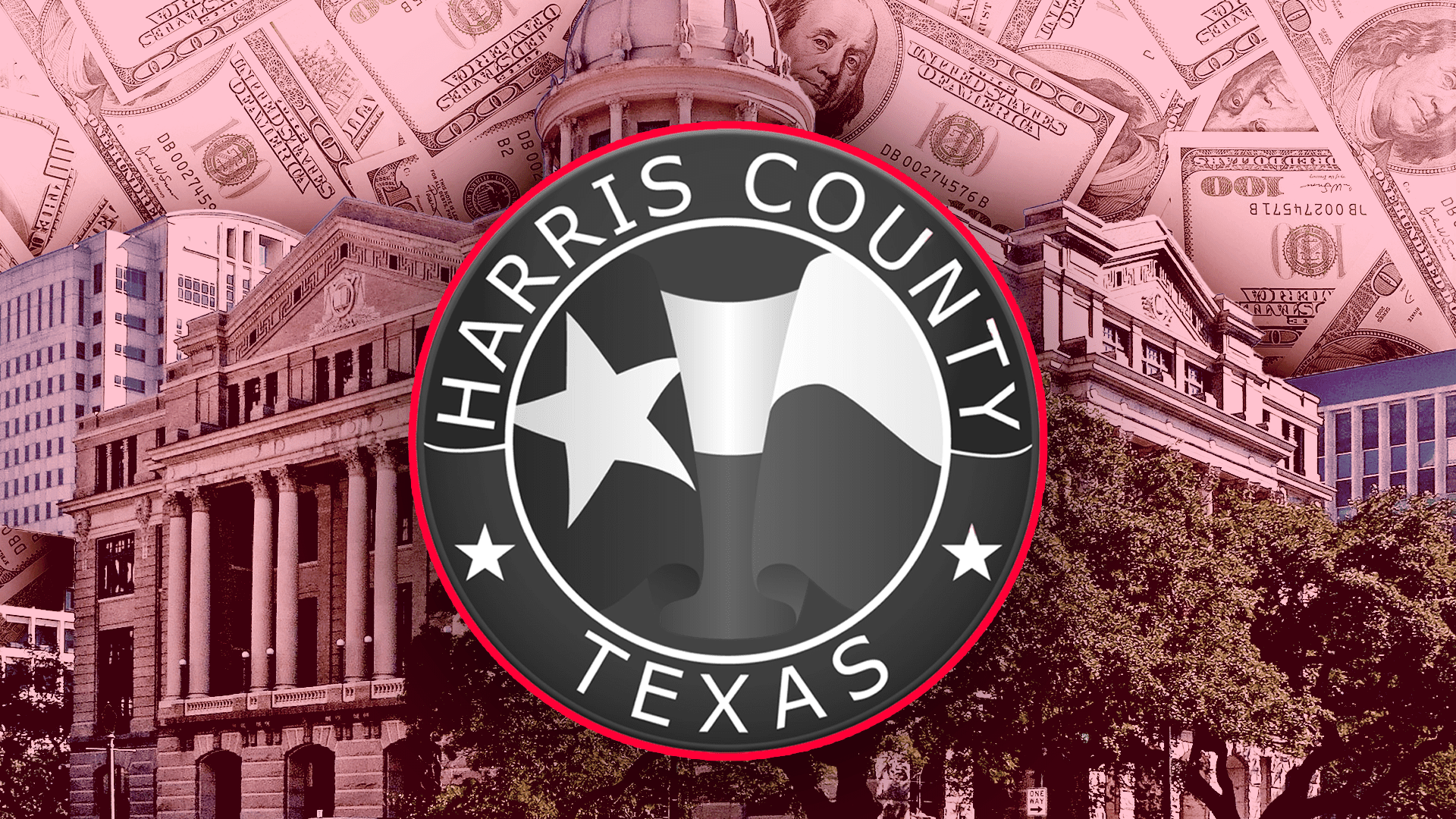Campaign loans may seem like a strange idea at first glance, but in reality, there are hidden benefits for politicians and lenders alike.
A campaign loan is still reportable to the Texas Ethics Commission for state-level candidates or the Federal Elections Commission for congressional candidates. Therefore, information surrounding the loan amount, lender, interest rate, and repayment plan can all be found in the state or federal record.
However, loans are not counted in the candidate’s total fundraising numbers.
Transparency USA explains, “Candidates and officeholders, through their official candidate political action committees (PACs), are required to report donations and loans separately to the Texas Ethics Commission, even though both sources of income impact the account’s cash-on-hand in the same way. And while the distinction between money that is given and money that is loaned may seem intuitive for record-keeping purposes, some readers are surprised — or even feel misled — when they discover that loans are not included in total donation counts.”
The candidate can, in fact, use money from their campaign account and future donations to pay themselves back for their original loan. They can also pay a lender back from their campaign account if they are re-elected.
Currently, U.S. Senator Ted Cruz (R–Texas) has taken a case before the U.S. Supreme Court in regards to the repayment of candidates’ personal loans to their campaigns. In 2018 Cruz loaned $260,000 to his re-election campaign, but due to the Federal Election Commission (FEC) holding the limit of repayment at $250,000, Cruz did not receive that last $10,000 repayment. He argues that the campaign finance limit on personal loan repayments violates the First Amendment of the U.S. Constitution by placing an undue burden on free speech.
It may seem like a loan would be somewhat risky since there is this FEC limit for congressional candidates and the possibility that the candidate will not win the election. However, loans can also be forgiven, which is generally implied as to the expected result if the candidate loses the election. Forgiving a loan essentially turns the loan into a donation, which will then be reported as such.
Loans are also generally less visible to the public because they are not counted in the total donations.
According to Transparency USA, “Loans are still public record, and their support is certainly not a secret. But because loans don’t show up in donation totals, lending activity won’t land them on the top of any Texas donor list. For someone who is interested in contributing to a race in a significant way, while keeping their public profile lower, loans are an appealing option.”





